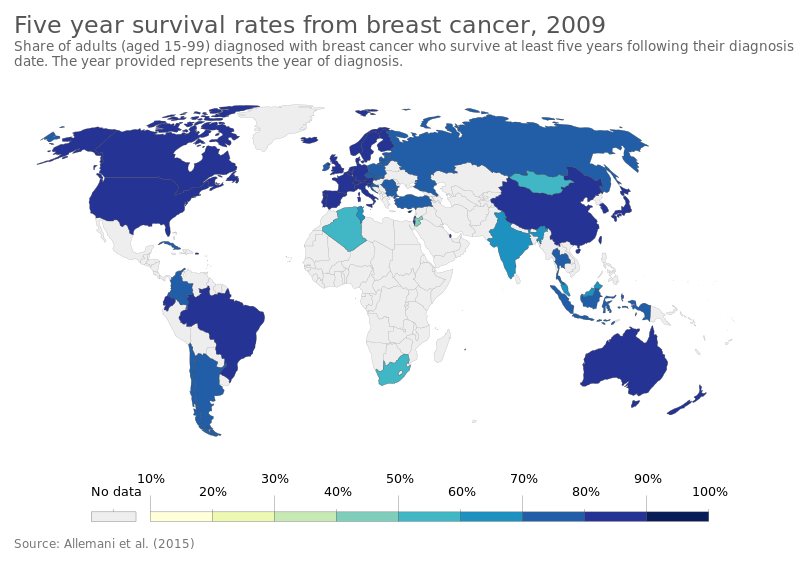Innovative mRNA Drug System Adjusts Therapeutic Doses Dynamically

In a groundbreaking development in the field of precision medicine, researchers from the University of Osaka and the Institute of Science Tokyo have unveiled a novel class of messenger RNA (mRNA)-based medicines that autonomously regulate the production of therapeutic proteins in response to disease-related signals within the body. This innovative approach, detailed in a study published in NPG Asia Materials on June 23, 2025, aims to enhance the efficacy and safety of mRNA drugs by enabling them to adjust their dosage based on the patient's specific needs.
The lead researcher, Dr. Hideyuki Nakanishi, a prominent figure in biofunction research at the Institute of Science Tokyo, emphasized the transformative potential of this technology. "This is a major step toward precision mRNA therapy," Dr. Nakanishi stated. "By integrating sensing and response capabilities directly into the medicine, we can significantly reduce side effects while optimizing treatment without the need for external controls."
The study describes an extracellular ligand-responsive translational regulation system consisting of three engineered synthetic mRNAs. The first mRNA encodes a receptor protein that detects disease signals, the second regulates translation, and the third encodes the therapeutic protein itself. This system operates similarly to a thermostat, turning protein production on or off in response to specific biomolecules, including hormones and inflammatory mediators. For instance, the presence of ligands such as arginine vasopressin (AVP) and prostaglandin E2 (PGE2) can modulate the production of the therapeutic protein in a concentration-dependent manner.
This advancement builds upon previous mRNA therapeutic frameworks, which relied on external triggers like light or small molecules. In contrast, the new system is designed to respond to biomarkers circulating in the bloodstream that reflect a patient's disease state, thus offering a more tailored therapeutic approach. Dr. Nakanishi and his team noted, "While prior systems required external control, our extracellular ligand-responsive system is particularly valuable for adapting to dynamic disease conditions."
The implications of this technology extend beyond mRNA therapies for disease treatment; they may also enhance the functionality of mRNA vaccines. Traditional vaccines are typically administered in fixed doses, but this new method could allow for a more personalized vaccination strategy, tuning immune responses according to individual variations in inflammation. The researchers anticipate that this adaptive capability could lead to the production of anti-inflammatory proteins responsive to specific inflammatory markers, potentially improving patient outcomes.
Despite its promise, the researchers acknowledged certain challenges that remain. One significant issue is the risk of 'leaky expression,' where therapeutic proteins are produced even in the absence of target signals, potentially diminishing therapeutic precision. To address this, the team is investigating ways to stabilize the regulatory mRNAs or delay the translation of therapeutic mRNAs through self-amplifying or chemically modified RNA techniques. Future research will also explore the integration of long-lasting RNA types and refined RNA-binding proteins to enhance both the responsiveness and longevity of the therapeutic effects.
The study's findings contribute to a growing body of research in mRNA technology and precision medicine, an area that has gained significant momentum in recent years, particularly in light of the COVID-19 pandemic. According to Dr. Emily Thompson, a Professor of Molecular Biology at Stanford University, "The ability to create self-regulating mRNA therapeutics marks a pivotal shift in how we approach treatment, paving the way for more effective and safer medical interventions."
As the field of mRNA therapeutics continues to evolve, this new platform could serve as a foundation for developing next-generation therapies that are not only effective but also tailored to the unique needs of individual patients. The researchers are optimistic about the potential applications of their technology and plan to conduct further studies to refine and enhance its capabilities.
In conclusion, the development of this autonomous mRNA drug system represents a significant leap forward in the realm of personalized medicine. By enabling therapies to self-regulate based on disease-related signals, this innovative approach could redefine treatment paradigms, offering a future where medical interventions are as dynamic and responsive as the diseases they aim to combat.
Advertisement
Tags
Advertisement





